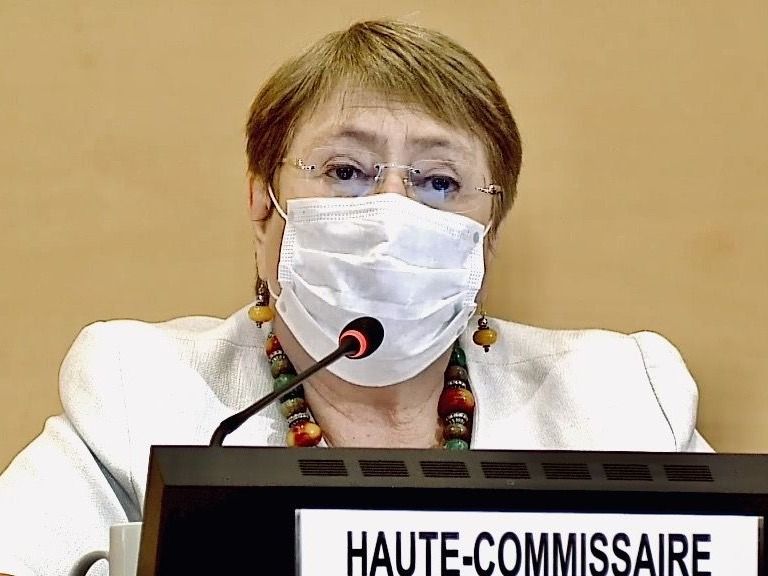GENEVA (AN) — The challenge of preventing abuses worldwide is rising sharply as racism, discrimination and social inequalities accelerate the impacts of the coronavirus pandemic, the U.N. human rights chief said on Tuesday.
Michelle Bachelet, head of the Office of the United Nations High Commissioner for Human Rights, or OHCHR, said that six months since COVID-19 was first detected, it is clear this epidemic threatens peace and development and calls for nations to protect their citizens' civil, political, economic, social and cultural rights.









